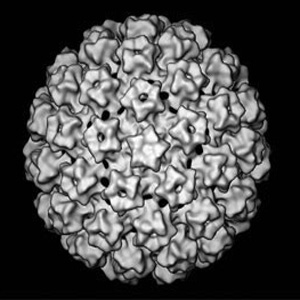
The virus known as the Human Papillomavirus or HPV causes just as many cancers of the upper throat as does tobacco and alcohol. The phenomenon may be due to the increase in oral sex and also the decline of smoking say researchers.
The vaccine against HPV is currently administered only to girls and young women. However, Merck & Co. Inc., current producers of the vaccine plan to gain government permission to have it given to boys as well.
Experts say this will help curb the spread of the virus as well as reduce the number of cervical cancer cases diagnosed which currently stands at 12,000 each year in the U.S. alone.
Study co-author Dr. Maura Gillison of Johns Hopkins University said that discussions regarding cancers other than cervical that could be positively affected by the vaccine must be started.
HPV not only is the cause of cervical cancer but also of genital warts as well as penile and anal cancer. However, the risks for males are not gaining the same attention as cervical cancer.
The study looked into nearly 30 years of research conducted by the National Cancer Institute on oral cancer. It separated the number of cancers caused by HPV from those that were not. The research gained attention when the incident rates of oral cancers caused by HPV in males rose steadily from 1973 to 2004, becoming just as common as those caused by tobacco or alcohol.
Studies suggest oral sex being related to HPV-related oral cancer but a direct cause-effect relation has not been concluded. Other researches have also suggested that unwashed hands could also lead to the spread of the virus in the mouth.
Optimistically, the survival rates of the cancer are also increasing. This according to Gillison is because the tumors caused by HPV respond better to chemotherapy and radiation.
The Merck vaccine is currently designed to protect against 4 types of HPV including the one related to oral cancer. Spokesperson for Merck, Kelly Dougherty stated that the company continues to test the vaccine but is focused on anal and penile cancer as well as genital warts and are continuing to consider areas for study that will affect both males and females. Merck praised Gillison’s work saying it would raise the importance of HPV-related oral cancers
